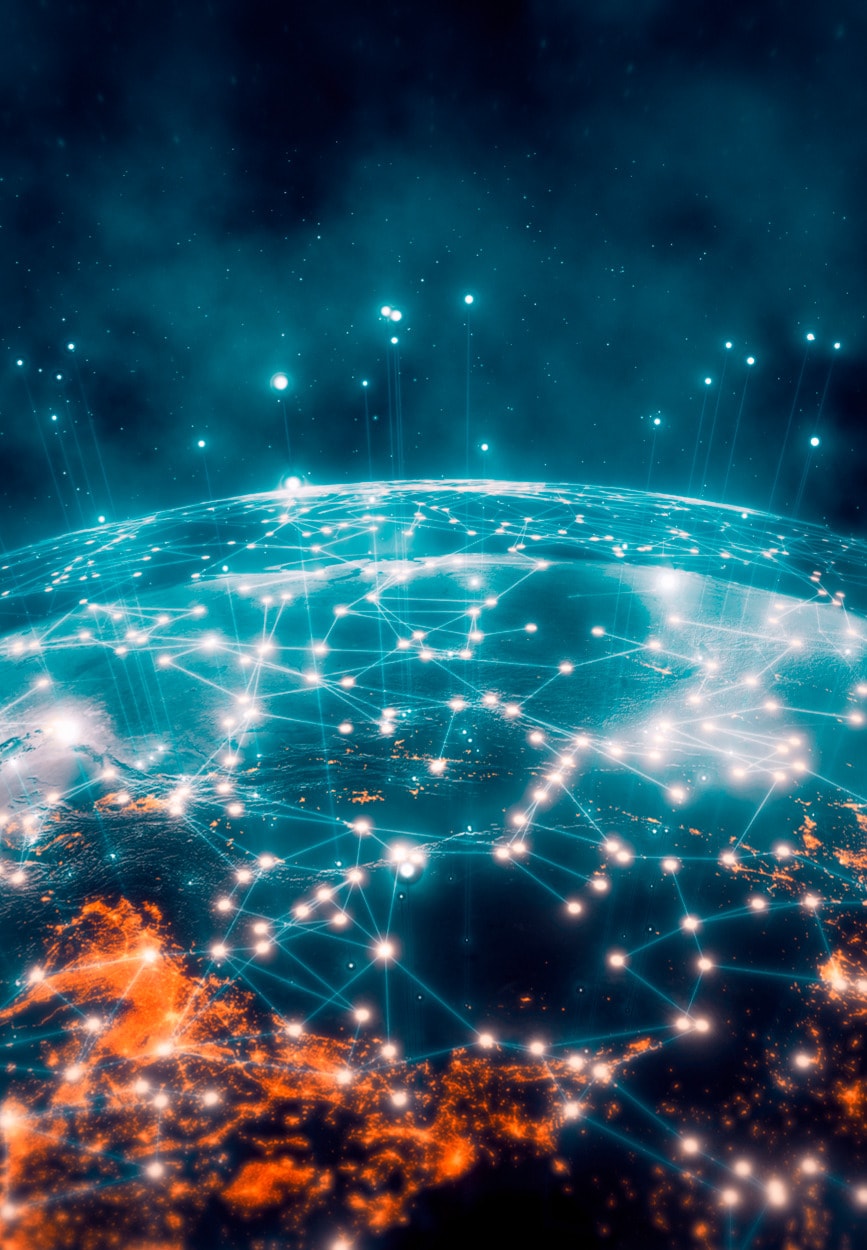Rethinking Media Literacy: A New Ecosystem Model for Information Integrity

In an era marked by unprecedented speed, scale, and sophistication in the creation and dissemination of information, the ability to critically engage with that information has become essential for safeguarding public trust, democratic discourse and individual autonomy. Media and information literacy (MIL) stands as a foundational response to this challenge, empowering individuals to access, analyse, evaluate and responsibly produce media content across formats and platforms.
In an era marked by unprecedented speed, scale, and sophistication in the creation and dissemination of information, the ability to critically engage with that information has become essential for safeguarding public trust, democratic discourse and individual autonomy. Media and information literacy (MIL) stands as a foundational response to this challenge, empowering individuals to access, analyse, evaluate and responsibly produce media content across formats and platforms.
Rethinking Media Literacy: A New Ecosystem Model for Information Integrity presents a new framework for a whole-of-society approach to MIL, grounded in two complementary models: the disinformation life cycle and the socio-ecological model. Together, these offer a structured way to understand how and where interventions can be most effective. Ultimately, the report calls for a shift from viewing MIL as a tool to make individuals more discerning to treating it as an essential pillar of healthy information ecosystems.